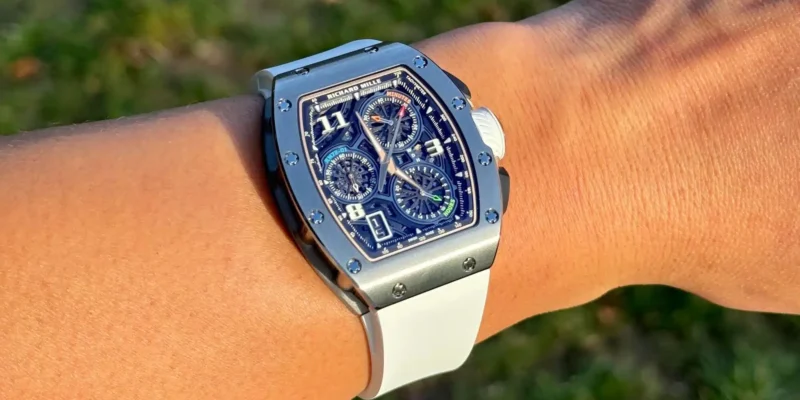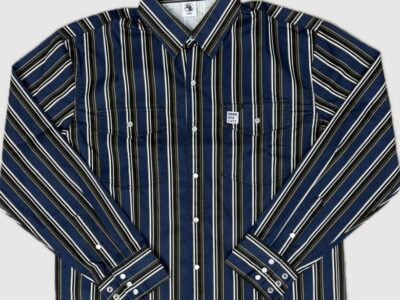Richard Mille timepieces are some of the most prestigious—and expensive—luxury watches in the world. Known for cutting-edge materials, bold designs, and limited production, Richard Mille has redefined what modern haute horology looks like. But as with all luxury assets, the resale value of a Richard Mille watch is shaped by a combination of technical, emotional, and market-driven factors.
Specialized evaluators like G Luxe Richard Mille buyers consider a wide range of elements when determining a fair and competitive resale offer. Whether you’re holding a sporty RM 11-03 or a rare RM 27 Rafael Nadal edition, understanding what drives resale value is key to making informed decisions.
1. Model Rarity and Production Volume
Richard Mille produces a very limited number of watches annually—around 5,000–6,000 across all models. Certain references are even more exclusive, with limited runs of fewer than 100 pieces.
- Limited editions and discontinued models often command higher premiums.
- Popular models like the RM 11-03, RM 35-02, and RM 27-04 hold particularly strong resale values.
- Special collaborations or celebrity-endorsed pieces often perform exceptionally well on the secondary market.
Rarity increases exclusivity, which drives demand and value.
2. Original Box, Papers, and Certificates
Complete sets are significantly more desirable in the luxury watch market. This includes:
- The original box and packaging
- Warranty cards or certificates
- Purchase receipts and service records
A Richard Mille with full documentation and pristine packaging may sell for 10%–20% more than an identical model without these items.
3. Watch Condition and Service History
Condition is critical in determining resale value:
- Scratches, dings, or worn-out rubber straps reduce desirability.
- Watches that have been serviced at authorized centers retain higher value.
- Movement condition, water resistance, and chronograph functionality must be fully intact.
Some buyers prefer untouched watches with original factory finishes, while others favor well-maintained and recently serviced pieces.
4. Material and Movement Complexity
Richard Mille watches are known for using innovative materials like:
- Carbon TPT (Thin Ply Technology)
- Quartz TPT
- Titanium and ceramic blends
- Sapphire crystal cases
Models incorporating these exotic materials, or those with highly complicated movements (e.g., tourbillons, flyback chronographs), usually hold higher resale value. The more complex and technologically advanced the watch, the more it stands out on the secondary market.
5. Market Trends and Popularity
The luxury watch market is influenced by:
- Celebrity endorsements
- Pop culture appearances
- Influencer marketing
- Auction results
A Richard Mille spotted on the wrist of a professional athlete or artist can cause that model’s value to spike. Staying attuned to market trends can help you choose the right time to sell.
6. Global Demand and Currency Influence
Since Richard Mille watches are traded globally, factors like international demand and currency fluctuations can affect resale value.
- Stronger demand in Asia or the Middle East may raise prices globally.
- Economic downturns or luxury tax changes can soften resale margins.
Buyers who operate internationally—like elite resellers or global boutiques—often factor these trends into their offers.
Conclusion
The resale value of a Richard Mille watch isn’t just about the original price tag. It’s shaped by a complex mix of factors—rarity, model popularity, condition, completeness, and shifting global demand. To maximize your return, it’s vital to keep the watch in top condition and retain all documentation.














Comments